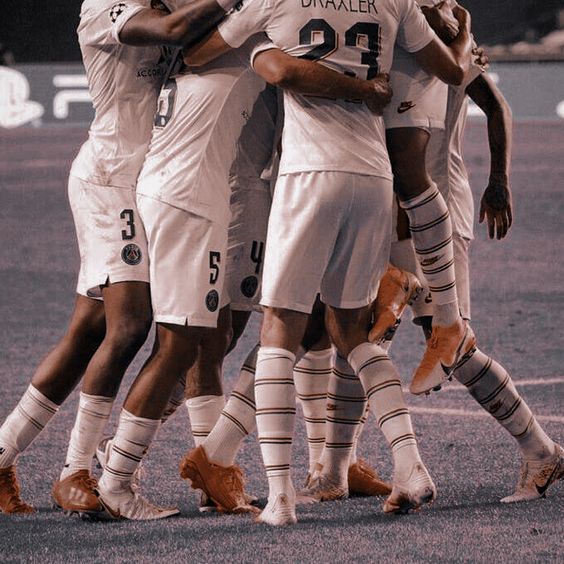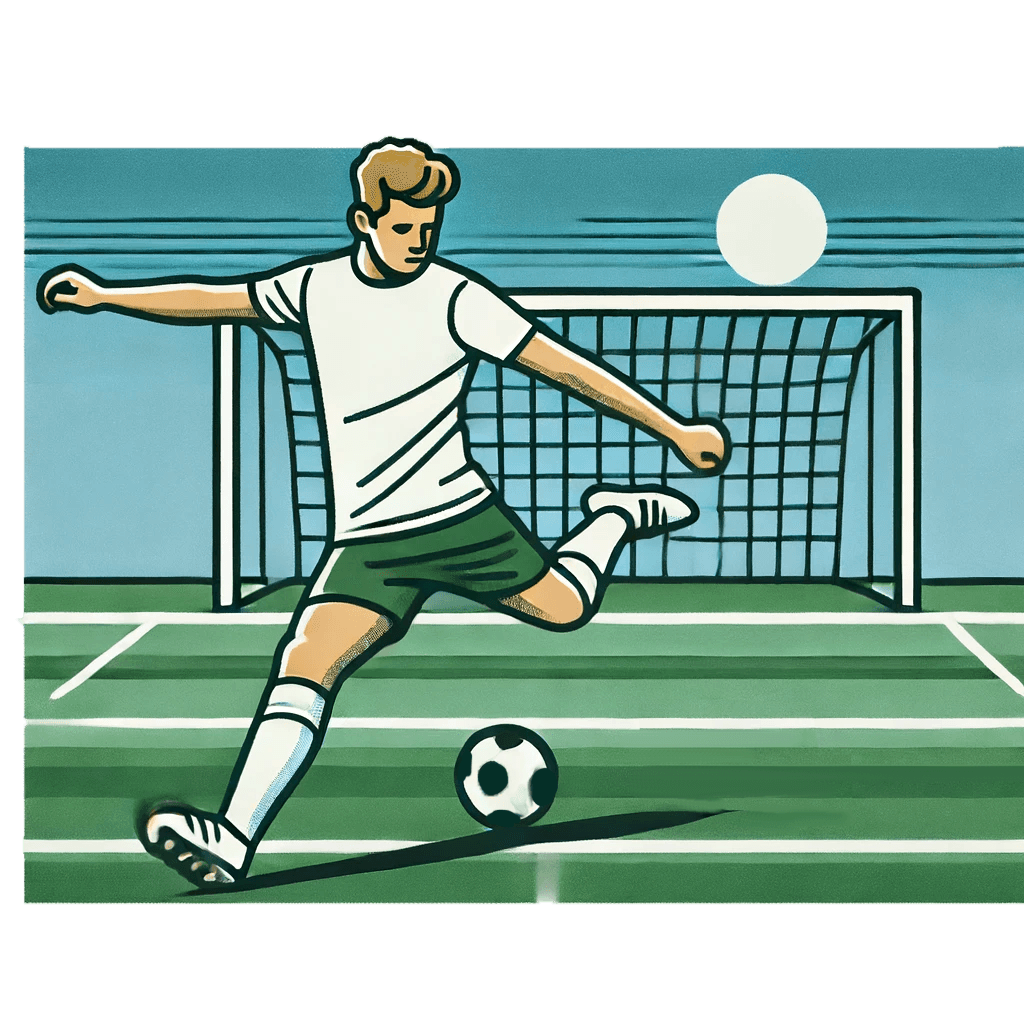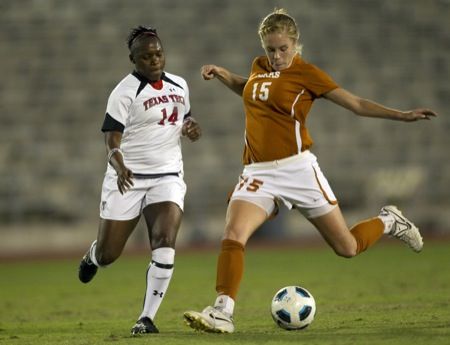Jun 1, 2024
•
Guides
D2 vs. D3 Men's College Soccer: Understanding the Differences

The latest on everything
College Soccer

Get our 5-minute, daily newsletter on what matters in college soccer.
Are you considering playing men's soccer in college but unsure which division is right for you?
With more than 1,000 NCAA institutions, each with its own soccer program, it can be difficult to decide. However, understanding the differences between the two divisions, D2 and D3, will help you make a more informed choice for your future career.
D2 Soccer
D2 men's soccer is the second-highest level of NCAA college soccer, offering an appealing blend of competitive athletics and academics. D2 programs are typically mid-sized universities or colleges, each with well-funded athletic departments and solid training facilities. The NCAA allows up to 9.9 full athletic scholarships per D2 team, which are usually divided among several players.
The slightly smaller number of scholarships compared to D1 results in a more balanced financial aid distribution, with players often receiving partial scholarships. D2 teams tend to attract athletes who are highly motivated, competitive, and interested in maintaining a good balance between academics and sports.
Academically, D2 has slightly less stringent requirements than D1, providing some flexibility to student-athletes who want to excel in both areas. The athletic level in D2 remains competitive, with teams playing a mix of regional and national competitions. D2 programs typically recruit players who have played at high levels in their high school or club teams and have aspirations of performing in competitive collegiate environments.
Despite being one tier below D1, D2 soccer provides strong exposure for players hoping to advance to professional leagues post-graduation. It's an attractive option for talented players seeking a balance between high-level competition and academic success.
D3 Soccer
D3 men's soccer is the third tier of NCAA competition, emphasizing a stronger focus on academics and holistic college experiences. D3 teams do not offer athletic scholarships, which places less emphasis on financial incentives and more on academic and personal growth. Instead, many players receive academic scholarships or other forms of aid that are not tied to athletic performance.
D3 programs are typically smaller colleges and universities with strong academic reputations and robust, if more modest, athletic facilities. While not as intense or competitive as D1 or D2, D3 soccer still offers excellent athletic opportunities and a high level of competition. These programs attract players who are passionate about soccer but prioritize academics, extracurricular activities, and personal development.
The smaller budgets and lack of athletic scholarships mean that players choose D3 programs primarily to continue their passion for soccer while pursuing strong academic careers. Coaches look for student-athletes who excel academically and are motivated to be leaders on and off the field.
Making the Decision
Choosing between D2 and D3 men's soccer requires an honest assessment of your goals, academic interests, and athletic abilities.
D2 Soccer:
If you are a competitive player seeking the highest possible level of competition without compromising your academic progress, D2 may be the right fit. With a good mix of athletic and academic opportunities, D2 programs offer a promising path for players who want to remain competitive and explore professional opportunities.
D3 Soccer:
If you value academics heavily while still wanting to play soccer competitively, D3 could be an ideal choice. The emphasis on comprehensive academic development and the holistic college experience provides a supportive environment for balancing sports with other interests.
Ultimately, your choice should align with your personal goals and interests. Research specific programs, visit campuses, and talk to current players to understand which division aligns best with your aspirations. By doing thorough research and introspection, you'll be able to find the right college soccer path that suits you.
Related
#1 College Soccer Newsletter
Join thousands of current readers and get our 5-minute, daily newsletter on what matters in college soccer.





